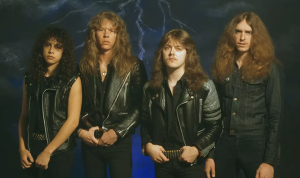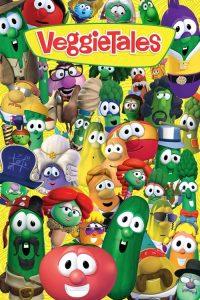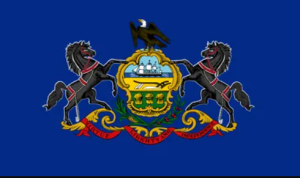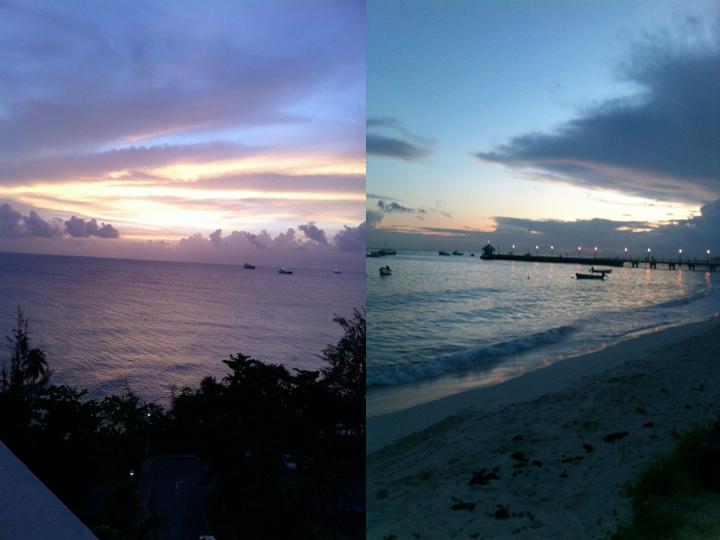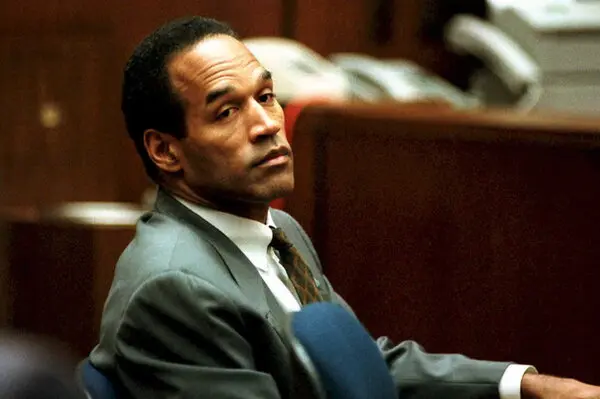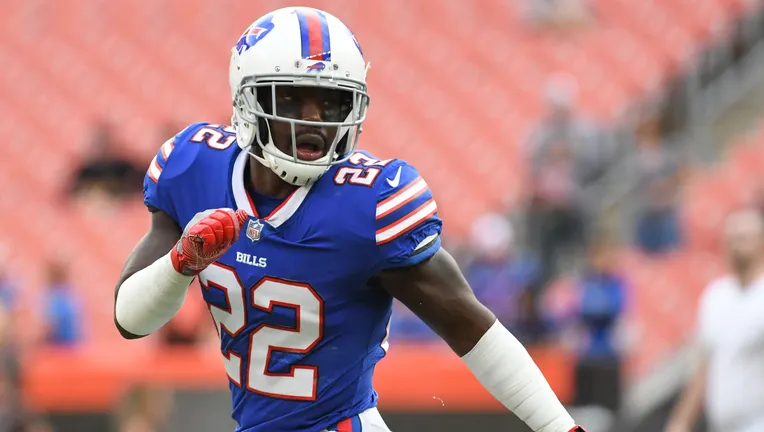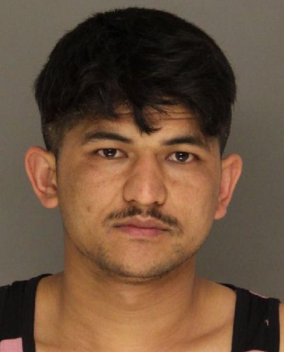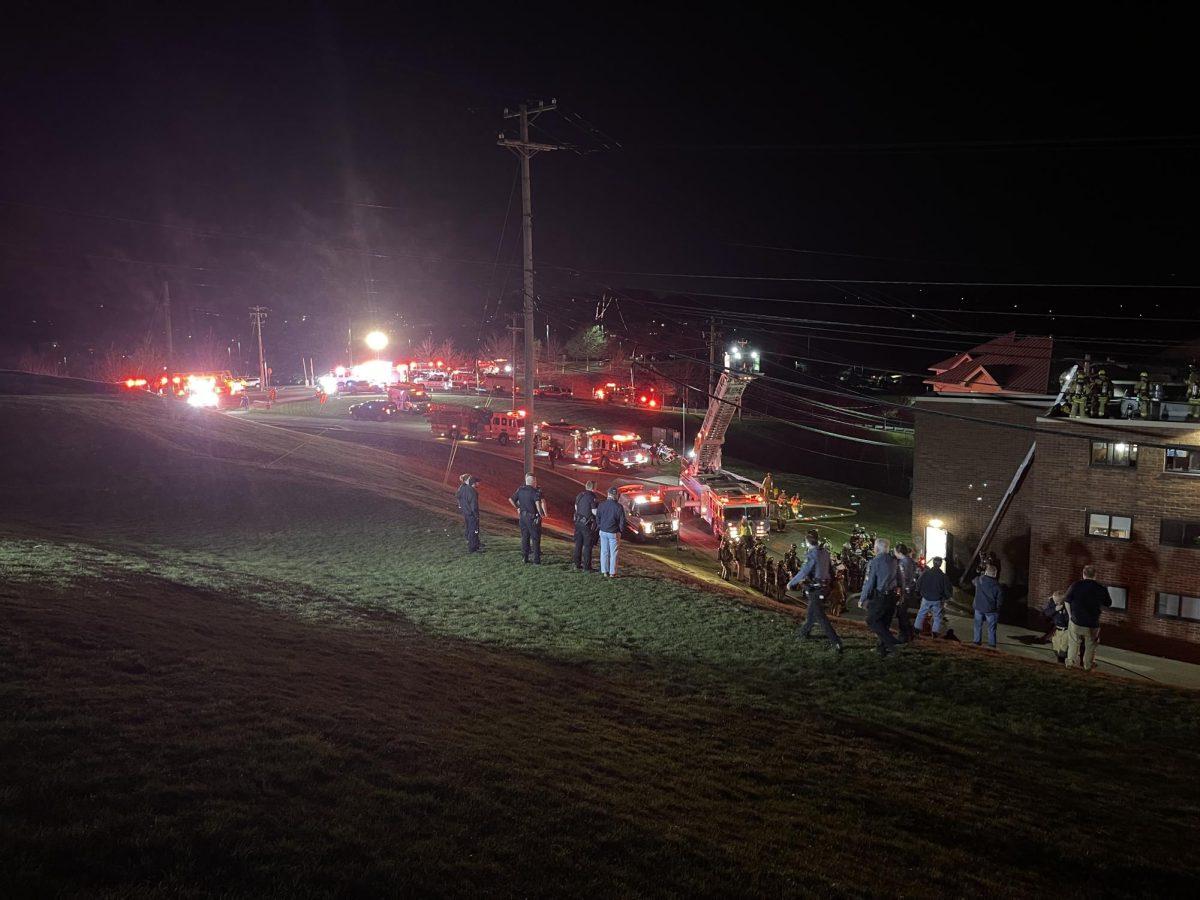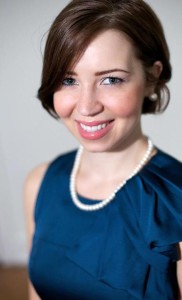On Oct. 27, Dr. Daria Crawley, professor in the school of business, was the second of six speakers in the Diversity Speaker Series. The series takes place in Rogal Chapel on Robert Morris University’s campus.
“The goal of the series is, simply put, to inform people about different cultures. Just by looking at people, you can’t know who they are, what shaped these speakers lives and their world views,” said Antonio M. Quarterman, director of multicultural student services.
Crawley agreed with Quarterman.
“It is important to know your culture, language, food etc. . . . and use that to both define who you are and understand where you want to go–to understand the map of your life,” she added.
Examining the map of her life is exactly what she did during her presentation Thursday. She gave an in-depth look into her family history and her past, so the audience could also understand the “map” of her life in hopes that they walk away appreciating not only her diverse cultural back round, but also other people’s as well as their own.
“If somebody were to ask me, ‘what am I?’ I’m sure many of you looking at me very outwardly would say she’s Black-American . . . But in the Caucasian race you think of ‘are you Italian, Polish, Slovak” etc. and then for African-Americans it’s kind of like well, ‘you’re just black right?’ I’m here to show you that that’s not just it,” she said during her opening remarks.
She went on to give her “tour of my rainbow,” which began with the telling of Christopher Columbus’ discovery of the West Indies.
“I’m ok with Christopher Columbus. He put us on the map. England is like that distant Auntie you don’t like that hurt you, but they are family,” she stated when reflecting on her native country of Barbados’ painful past.
After talking about the different currencies of the islands, she brought attention to the women pictured on them all.
“The Queen [of England] is very revered. My father, who just died at 91, spent the majority of his young adulthood life in the West Indies. He would say when the queen would come [to visit] it would be a major thing . . . you would be happy to stand along the road with flowers and hope that the Queen would pick you as a little young child to hug and kiss and you would be picked to be the one in the picture with the flowers,” she said.
Later in the presentation, she showed a picture of a Mill Wall, a place where slaves would grind sugar. The specific photo she showed is on her family’s property. She said it is very significant that they have this because “historically, the ones who were colonized are now the owners . . . Colonization isn’t good. It is based on slavery.”
National pride and celebration of their shared histories between the islands is always marked by a carnival.
“Carnival time derives from crop over in Barbados. . . . The two days slaves had off between harvesting and planting to rest. Now, it is celebrated with dancing, singing and a parade,” she explained.
She then took the focus from her parents’ life and heritage on the islands to her personal journey growing up in Bronx, New York.
“Every Saturday morning, the radio was tuned to WLIB, which gave the news of all the Caribbean Islands. I would listen to the news and I remember it would literally start out with Antigua and you would listen to hear what was the latest news on your island,” she said.
She talked about how her life took unexpected turns when she lived in London and did research for the British Parliament, but it wasn’t until she was about 500 feet from Big Ben that she realized, “I’m a member of the European society.”
Traveling led her to do research on ex-patriots. She remembers being a director at Pitt University and being asked to “confer degrees” in Germany.
“It was,” she said, “the highlight of my life.”
“Where you started out doesn’t have to be your ending point. It doesn’t mean that you forget your culture, or that you become ethnocentric–meaning my culture is the best,” or worse, she said, “come from colonization and then become the colonizer. We must remember who we are. We can’t change that, so we can find out who we can be.”
The final slide she showed the audience was two beautiful pictures side by side of sunsets on the beach coast of Barbados. “My hope is that you will feel the warmth and color of what I gave you in this presentation today.”
For information on the next Diversity Speaker, be sure to check your student email and watch the website events page. The next speaker is expected to present the second week of November.





